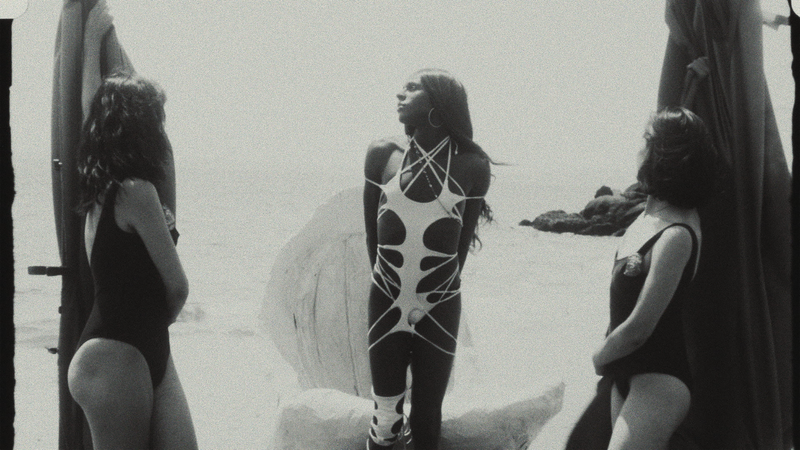Oysters were one of New York’s greatest natural resources until the Industrial Revolution poisoned the city’s waterways, and over-farming exhausted the rivers’ surviving oyster beds. A new documentary, Holding Back the Tide, examines the oyster industry’s comeback amid climate change, and showcases how the mollusks are being used to restore the health and biodiversity of waterways and even reverse coastal erosion.
Sorry, vegans, but Holding Back the Tide definitely favors eating oysters. If viewers can stomach watching oysters get shucked and eaten, they’ll be rewarded with a surprisingly artful exploration of the oyster industry and its tender treasures, set to a gorgeous ambient soundtrack arranged by Portland-based music supervisor Ben Wittkugel. If viewers happen to be really stoned before seeing tonight’s screening, they’re in for an audiovisual treat.
Frequently making parallels to the deeply social oyster with the human communities forming around their cultivation and harvest, Holding Back the Tide incorporates poetry and nonlinear storytelling to deliver a documentary that’s less Ken Burns and more of an artistic blend of fact with cinematic storytelling. ASMR-like sounds of clinking oyster shells, clanking ice, bird calls, deep breaths, light city noise, and all the textures and speeds of water are sprinkled throughout long shots of dreamy blood-orange waters and skies and foggy offshore oyster beds with matter-of-fact tours of aboveground farms and a gathering to remember Hurricane Sandy’s 10th anniversary and plan for the next watery catastrophe.
Oysters are realized as “a rock with a beating heart” in some of the film’s most poetic narrations. The most we learn about the oyster’s life cycle is its gender fluidity, its virility to birth thousands of babies, and its community-forming habits. Unlike clams, oysters are not solitary creatures, and neither are we, a lesson driven home through ambient songs from artists including Grammy Award winner Arooj Aftab, hometown hero Holland Andrews, Time Wharp and sqip of Portland’s Barn Radio. Viewers learn over these artists’ music that oysters are a single-serve meal with a recipe that’s almost stayed the same for millennia—only the water and the land that runs off into it have changed.
As humans work to reverse climate change with imaginative solutions, like dumping decommissioned subway cars into the ocean to grow new coral and oyster reefs, groups such as the Billion Oyster Project, which wants to introduce one billion bivalves into New York City’s harbors by 2035 by growing them on oyster shells collected from restaurants that would have otherwise tossed them into landfill. BOP gets some of Holding Back the Tide’s clearest recognition, while other subjects like Moody “The Mothershucker” Harney and former WNBA star Sue Wicks aren’t so clearly introduced. While the documentary’s artistry and poetics are simply gorgeous, Holding Back the Tide would benefit from a more factually tight balance to call its experiment a true success. But will it make you reconsider what you know about oysters? Absolutely.
SEE IT: Holding Back the Tide at Cinema 21, 616 NW 21st Ave., 503-223-4515, cinema21.com. 7:15 pm Wednesday, Sept. 25. $11.

